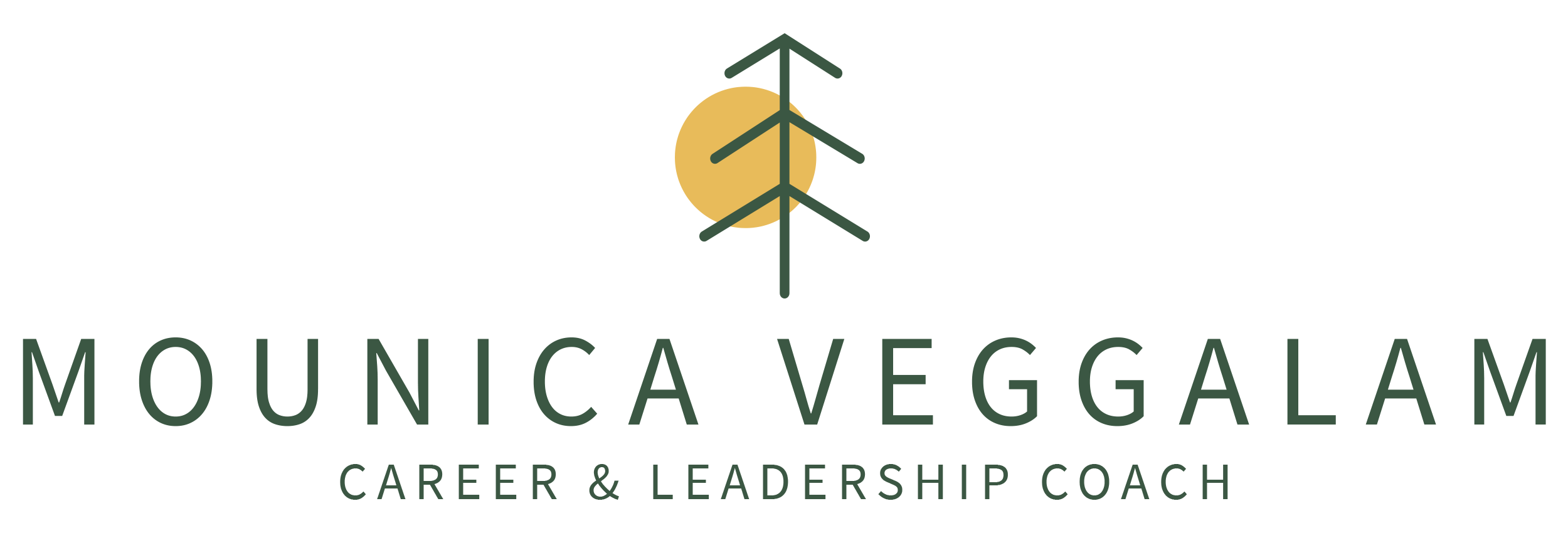I’ve started and stopped this newsletter more times than I’d like to admit. I used to blame perfectionism, the usual suspect when you don’t publish your writing. After enough battles with my half-formed essays, I realized the real problem wasn’t my need to be perfect, but my obsession with being right.
As someone who is generally private (my Instagram profile has a grand total of three photos!), sharing my thoughts publicly triggers a deep-seated fear: I’m missing something. So I’d sit on drafts, over-edit and let them gather dust rather than risk being judged, or worse, being wrong.
Most advice treats perfectionism like a fixable problem: lower your standards, push through the inner critic, hit publish. But that worked only to meet my self-imposed deadlines. Every time I sat down to write, I heard a siren call for battle, “This time we win!”
Then something shifted. I actually started to enjoy my writing. (Wait, you can enjoy your work? You don’t need to fight yourself? Gasp!)
The shift happened when I questioned a core belief: that everything must be undeniably, irrefutably correct. I’ll spare you the cliched iceberg metaphor. In that world, appearing “right” feels safer than being human with all the quirks, messiness, and stumbling.
This right/wrong dichotomy is useful for decision-making under pressure, establishing clear rules, or programming machine code.
But when that approach is taken for everything in life, from identifying how a friend is ‘wrong’ to fulfilling my commitments' right’ to pursuing the ‘right’ path to spiritual growth, it can be exhausting.
The Two Costs of Right/Wrong Perspective
First, it restricts thinking and kills creativity:
The need to be “right” shrinks the space for curiosity. Instead of exploring ideas, I dismissed them too soon: This isn’t good enough. This is wrong. This doesn’t make sense. But creativity thrives in uncertainty. It asks better questions: What am I missing? What exactly feels off?
Looking back, the best things I’ve written came from writing through strong emotion and accepting the messiness of my truth. In other words, there’s an invisible choice here between writing something correct (in my limited understanding) and something true. The right/wrong dichotomy doesn’t allow one to make a choice; it automatically chooses “right,” which is restrictive.
Second, it blocks human connection and the fundamental process of learning:
A client once told me they didn’t choose to hire me because I gave the “right” advice. Instead, they hired me because I shared a messy realization they happened to be struggling with. That moment stayed with me. When working with humans, connection matters more than one being right/wrong.
The polish of being right often hides the valuable parts—mistakes, the learning process, and the real thinking behind the final work. Hiding these creates a “Highlight Reel” effect, leaving people with an unattainable ideal that disconnects rather than resonates.
The Real Shift
I stopped trying to fix perfectionism (or labeling myself as a perfectionist). Instead, I questioned the cost of needing to be right. The cost was too high—losing thoroughness in my thinking and connection with others.
Nowadays, when I see perfectly optimized, algorithm-friendly posts, they feel… off. Too perfect. Too well-reasoned. Maybe it’s just me, but in the age of AI-generated content, messy writing—a half-formed thought, a hastily published piece—feels like there’s an actual human behind the work.
Yes, I want my writing to be thoughtful and helpful, but it should also be an invitation to connect, to explore, and to leave space for others to fill in the gaps. And learning this about myself has shifted not just my writing, but even how I set goals or have conversations.
If you've ever thought you were a perfectionist, I recommend not just labeling yourself so. Look what's beneath the patterns. Your worldview may just shift into a new territory.
I Want Connection. Not Perfection.
Right/Wrong Thinking Blocks Connection
